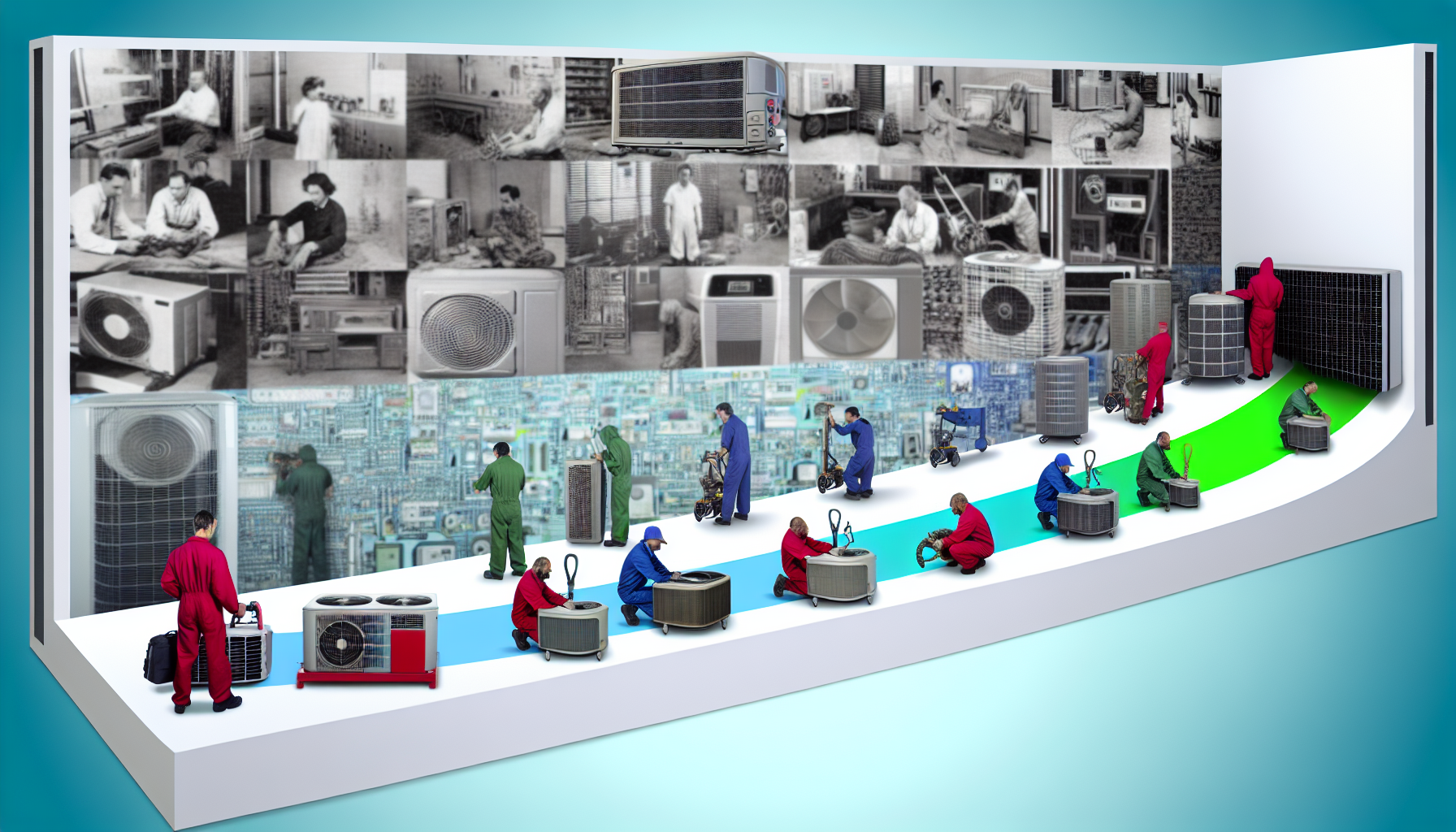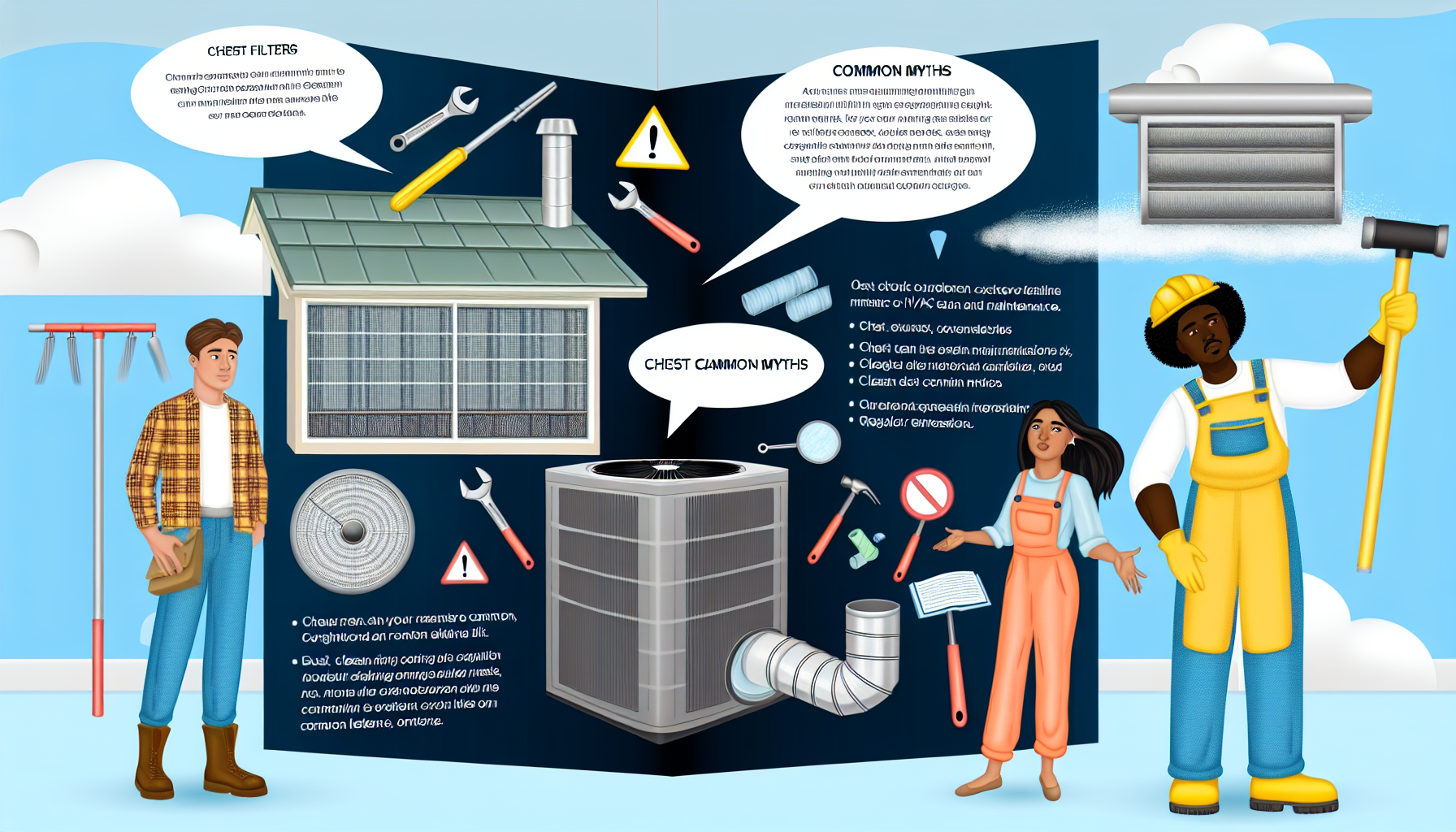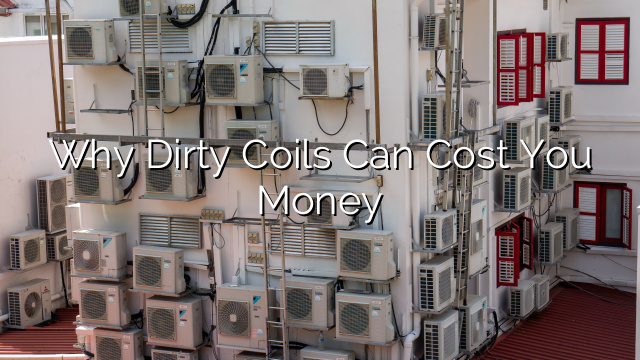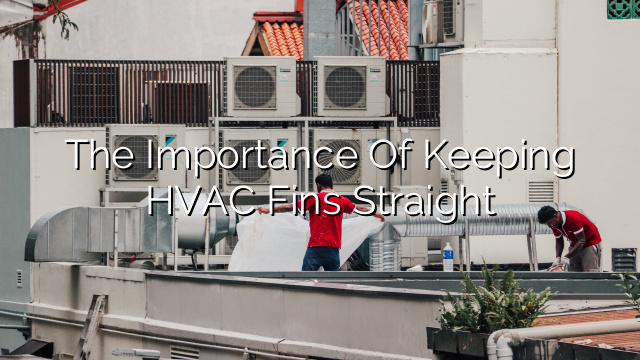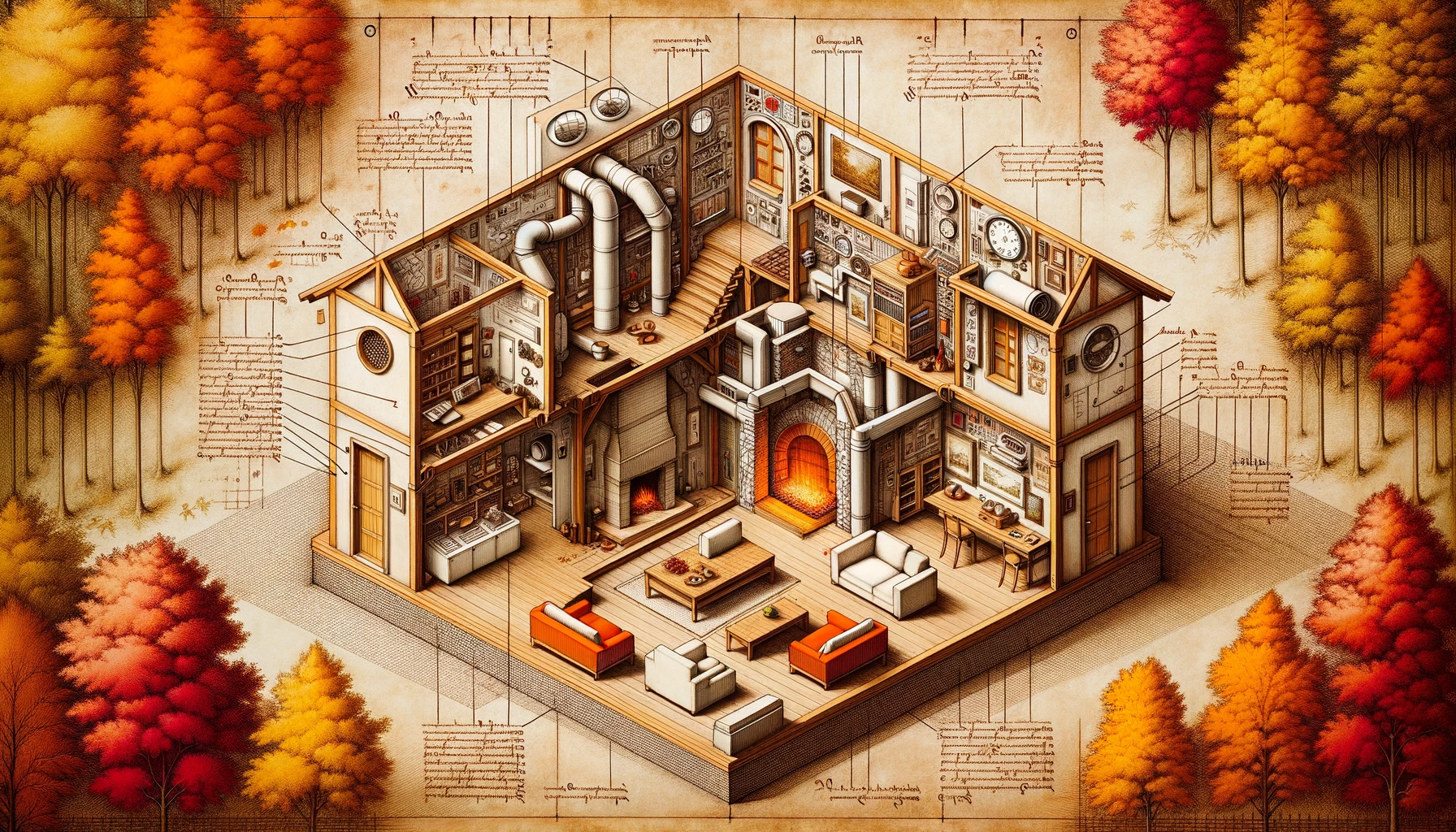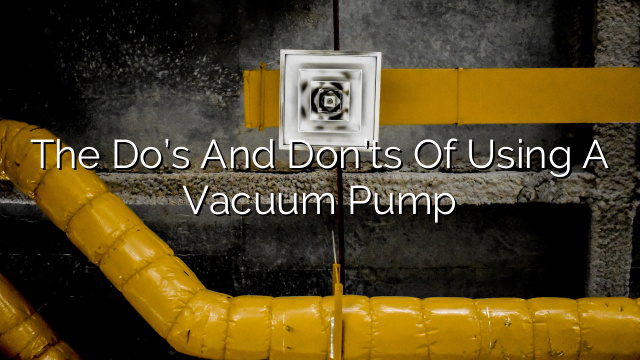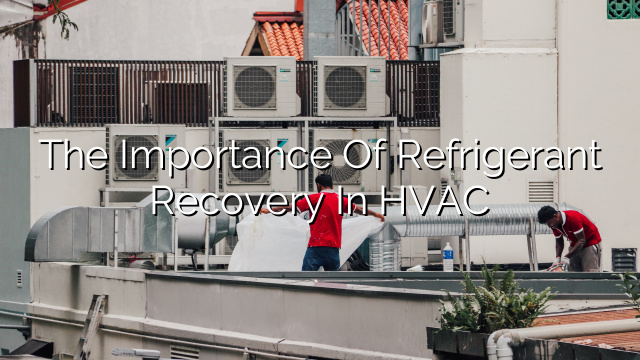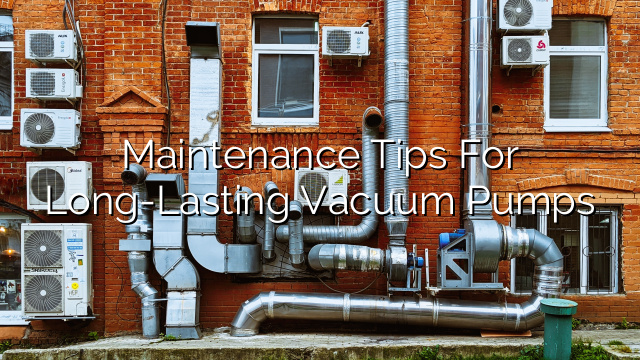Understanding the Importance of HVAC Maintenance
Maintaining a high-quality indoor air environment is critical for not only comfort but also for health reasons. The HVAC system, which stands for Heating, Ventilation, and Air Conditioning, plays a pivotal role in filtering and circulating air within your home or business. Over time, however, HVAC systems can accumulate dirt, dust, and other contaminants that can significantly degrade air quality. This is why regular maintenance is essential. By adhering to a maintenance schedule, you can ensure that your HVAC system operates efficiently, ultimately boosting the indoor air quality of your environment.
Benefits of Regular HVAC Maintenance
- Improved Air Quality: Regular maintenance helps to remove contaminants from filters and ductwork, providing cleaner air.
- Increased Efficiency: Clean systems run more efficiently, which can reduce energy costs and extend the life of the unit.
- Healthier Living Environment: Reducing pollutants can minimize health risks associated with poor air quality, such as allergies and respiratory issues.
- Reduced Repair Costs: Routine checks can identify potential issues before they become major problems, saving on repair costs.
- Environmental Impact: Efficient systems consume less energy, which can reduce your carbon footprint.
Key Elements of HVAC Maintenance
Understanding the key components that require regular attention in your HVAC system can help you maintain better air quality. Here’s what you need to focus on:
Filter Replacement and Cleaning
One of the simplest, yet most important, tasks for maintaining your HVAC system is the regular replacement or cleaning of the air filters. Clogged or dirty filters restrict airflow and can cause a build-up of pollutants in your system, compromising the air quality. Filters should typically be replaced or cleaned every 1-3 months, depending on the level of use and type of filter.
Ductwork Inspection and Cleaning
Ducts are the pathways that deliver and return air throughout your home. If not properly maintained, ducts can harbor dust, pet dander, and other pollutants. It’s recommended to have your ductwork professionally inspected and cleaned every 3-5 years to ensure optimal air quality.
Coil and Component Cleaning
The coils in your HVAC system, both evaporator and condenser coils, should be cleaned regularly to maintain efficiency and indoor air quality. Dirt and grime that accumulate on these components can hamper their performance and lead to poorer air quality.
System Calibration and Upkeep
Regular calibration of thermostats and controls, as well as inspection of all system components, ensures that your HVAC unit runs as intended. Proper calibration can prevent inefficiency and degradation of air quality over time.
Developing a Maintenance Schedule
Committing to a regular maintenance schedule is the best way to ensure that your HVAC system is always functioning optimally. Here’s a simple timeline to guide you:
Monthly Maintenance
- Check and replace or clean air filters as necessary.
- Inspect ventilation grills for dust or blockages.
Seasonal Maintenance
- Before the heating season, inspect all components of the furnace.
- Before the cooling season, ensure that the air conditioner coils and components are clean.
- Check the coolant levels in the air conditioning unit.
Annual Maintenance
- Have a professional technician perform a thorough system inspection and tune-up.
- Ensure all electrical connections are tight and all moving parts are well-lubricated.
- Assess the system’s overall performance and efficiency.
Long-Term Maintenance
- Schedule ductwork inspection and cleaning every 3-5 years.
- Consider replacing your HVAC system every 10-15 years, as advancements in technology could result in a more efficient and cleaner system.
Identifying When Professional Help is Needed
While many aspects of HVAC maintenance can be handled by the average homeowner, such as filter changes and basic inspections, there are times when professional assistance is required. If you notice a significant drop in air quality, strange noises coming from your unit, inconsistent heating or cooling, or a sudden increase in energy bills, it’s time to call in a technician. Professional HVAC technicians can diagnose issues that may not be apparent to untrained eyes and ensure that your system is repaired correctly and efficiently, maintaining air quality.
FAQ Section
- How often should I change my HVAC air filter? Typically, air filters should be replaced or cleaned every 1-3 months, but this can vary based on usage and filter type.
- Is it necessary to have my ducts cleaned? Yes, duct cleaning is important for maintaining air quality. Have ducts inspected and cleaned every 3-5 years.
- Can I perform HVAC maintenance myself? Some tasks like filter changes are doable by homeowners, but for complex issues or tune-ups, it’s best to hire a professional.
- What signs indicate that my HVAC system needs professional maintenance? Unusual noises, a decrease in air quality, irregular heating or cooling, or an unexpected rise in energy costs warrant a professional check-up.
- How can regular HVAC maintenance improve air quality? Maintenance prevents the accumulation of dust and allergens, ensures proper filtration, and helps maintain a clean, efficient system for circulating air.
Maintaining your HVAC system is not just about comfort but also about ensuring a healthy indoor environment. By keeping your system clean and well-maintained, you can significantly boost indoor air quality and enjoy the benefits of a more efficient, cost-effective heating and cooling system. Remember, when it comes to HVAC maintenance, a little attention goes a long way in safeguarding the air you breathe.




